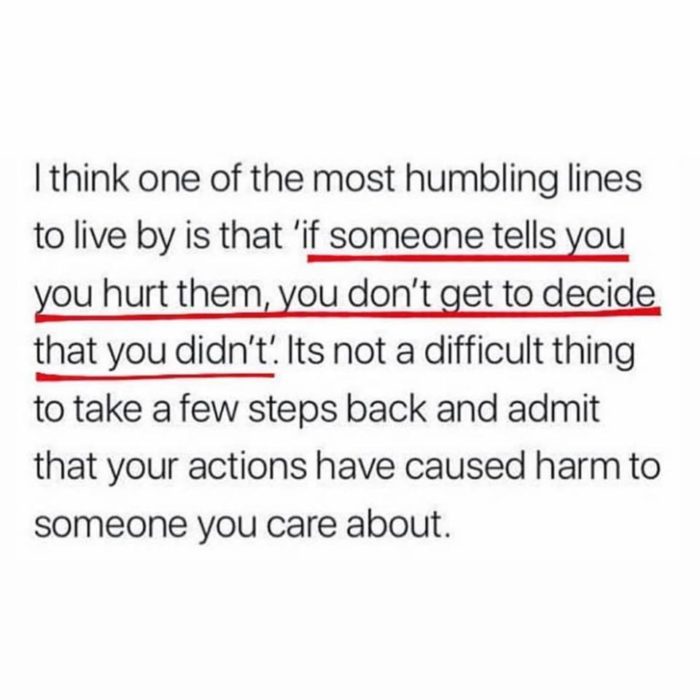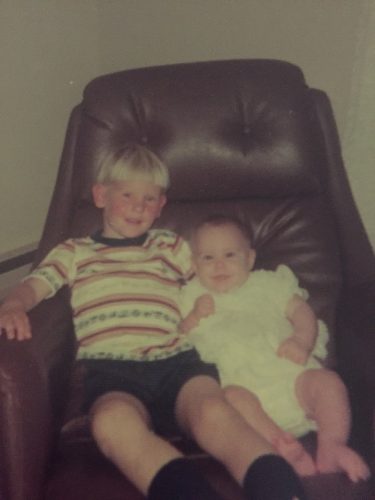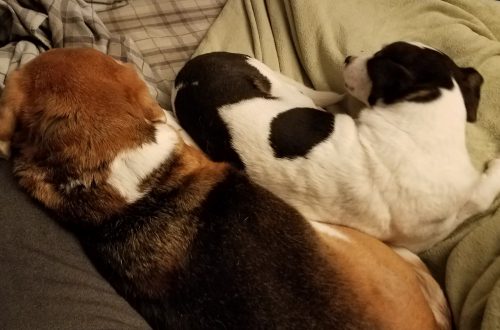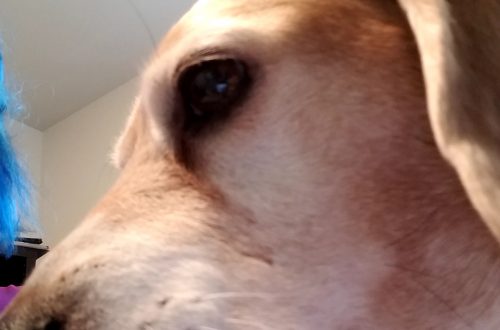
Sometimes We Cause Pain
Last week I wrote about the importance of story, and that I am trying to figure out how I want to tell my story here. And there are lots of details about my story that will never make it here, because they are not just my story. It is a story that belongs to a lot of people, and I believe those people also have a right to control how much information is out there in a public forum. So I do not share details here.
But what I can share is that the last three years, for me, have been a balancing act, and not an easy one. They have been years of very difficult decisions, where none of the choices were good, where every choice I could make would result in causing emotional pain to someone I loved. I got to control, on some very minor level, how many people and how much pain, but not in a significant way. And today, I live with the choices I have made over those three years. And in some cases, those decisions that I made continue to have impacts on people I love, including causing them pain.
And I want to talk about this, because it is important. It is a part of being an adult, of being an imperfect person living in an imperfect world. Sometimes, there are no good choices. Sometimes even the best choice will hurt someone we love.

Recently, the above picture has been making it’s way around my facebook page. “I think one of the most humbling lines to live by is that ‘if someone tells you you hurt them, you don’t get to decide that you didn’t’. It’s not a difficult thing to take a few steps back and admit that your actions have caused harm to someone you care about.” (I do not have an attribution for this, but will happily add one if someone can tell me who to attribute it to.) It is interesting to me that many, many people who read this seem to think that this means if your actions hurt someone, you were “bad”, that you should perhaps apologize for those actions, or stop them if they are ongoing.
And let me be clear, sometimes, that is absolutely the right action. Sometimes, you have done something that has hurt someone you care about, and you need to apologize and perhaps change your actions. That is absolutely true, but that is sometimes, not all the time.
Because of the interpretation that that sometimes means all the time, one person commented that there needed to a “hold” on this idea, because claiming victimhood is often how narcissists (or other toxic people) try to exert control. If you confront one of these people, or advocate for yourself, then that person will claim you are hurting them. And obviously, you should not continue your actions if you are hurting someone, so you have to not let the toxic person claim to be hurt.
I disagree. It does not matter how narcissistic or toxic the person is. You still do NOT get to decide you did not hurt them if they claim you did. What you DO get to decide is how much that matters, how much that will affect your actions. And you can acknowledge that hurt without apologizing or changing anything you did.
Think of it this way – you are in an unhappy marriage. You and your spouse are both miserable as a couple, but you are each good parents. You both love your kids and your kids love you both. You have in-laws that you have a good relationship with, perhaps an entire community that feels it has some sort of investment in your marriage. And yet, you and your spouse still decide to get divorced. This divorce WILL cause your children pain. It will likely cause pain to both you and your spouse, and pain to your extended family as well. You still need to get the divorce.
Causing someone else pain is sometimes the side effect of the best decision you can make. It sucks, but that is part of life. That does not mean you cannot step back for a moment and acknowledge that your actions have caused someone else pain. But causing them pain also does not mean that you have to stop your actions.
In the end, you have to live with you. No one else does. This means you have to live with the consequences of your actions, including actions that may hurt those you love. So make the best decisions you can, chose the best actions you can. And if someone tells you your actions hurt them, you do not get to decide you did not. Take a step back and acknowledge that. And then keep moving forward.


